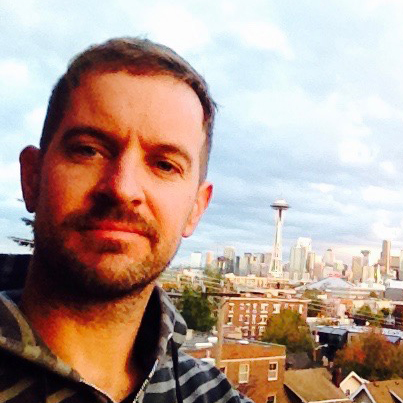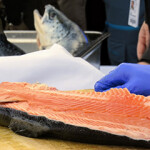Iceland Ocean Cluster set to expand to Seattle

What started out as a thesis project to build bridges in the seafood industry in Iceland is quickly spreading across the United States.
The Iceland Ocean Cluster — an organization designed to bring together disparate industry players — grew out of founder and CEO Thor Sigfusson’s Ph.D. dissertation, completed in 2011, on the effectiveness of clusters.
Sigfusson launched his project with a simple act: He gathered people in a room.
“In advance, people were kind of saying they didn’t need it, that they knew everyone in the industry and could call them up. But (Sigfusson) asked the question, ‘But have you called them?’ And people said, ‘No, never’,” said Ragnheidur Elin Arnadottir, now a senior partner with Iceland Ocean Cluster.
The first meeting was a success, according to Arnadottir, because it provided links up and down the production chain, introducing, for example, the CEO of a large fish producer to someone who was using the guts and skin from his plant for products the CEO did not know about.
The interaction also highlights the ocean cluster’s core principal of connecting entities looking to create more value out of each fish caught.
And that simple principal has quickly spurred growth. Success in Iceland led to a copycat chapter in New England, with both locations now boasting their own Cluster House, a sort of WeWork space reserved for ocean-related ventures. Now it looks like Seattle will follow suit.
“First of all, Seattle is a very natural fit for this concept. And secondly, there has been a lot of interest expressed from that area, as well as from surrounding states. With the dynamic fisheries’ industry, both with large companies and smaller more traditional fisheries in addition to an innovation scene in Seattle that obviously is thriving, these are the ingredients you need to make a thriving ocean cluster,” Arnadottir said.
Arnadottir, Iceland’s former minister of industry and commerce, is consolidating the Seattle connections she made as minister and is in initial talks with the Port of Seattle, the Salmon Innovation Fund, and the University of Washington, among other groups.
A key to the cluster’s success in other places, she said, is not re-creating Iceland’s model, but adapting it to the specific region.
“We don’t take the ocean cluster here in Iceland and copy that directly. We didn’t do that here in New England and we won’t do that in Seattle," she said. "My job in the first month will be to feel the local interest and preferences in order to be able to put up cluster that fits the local needs."
Organizers hope one constant will be the Cluster House, which Arnadottir said has been especially productive in Iceland. Around 70 companies have offices at the Iceland Cluster House, and their proximity has already spawned several new ventures and start-ups.






Share